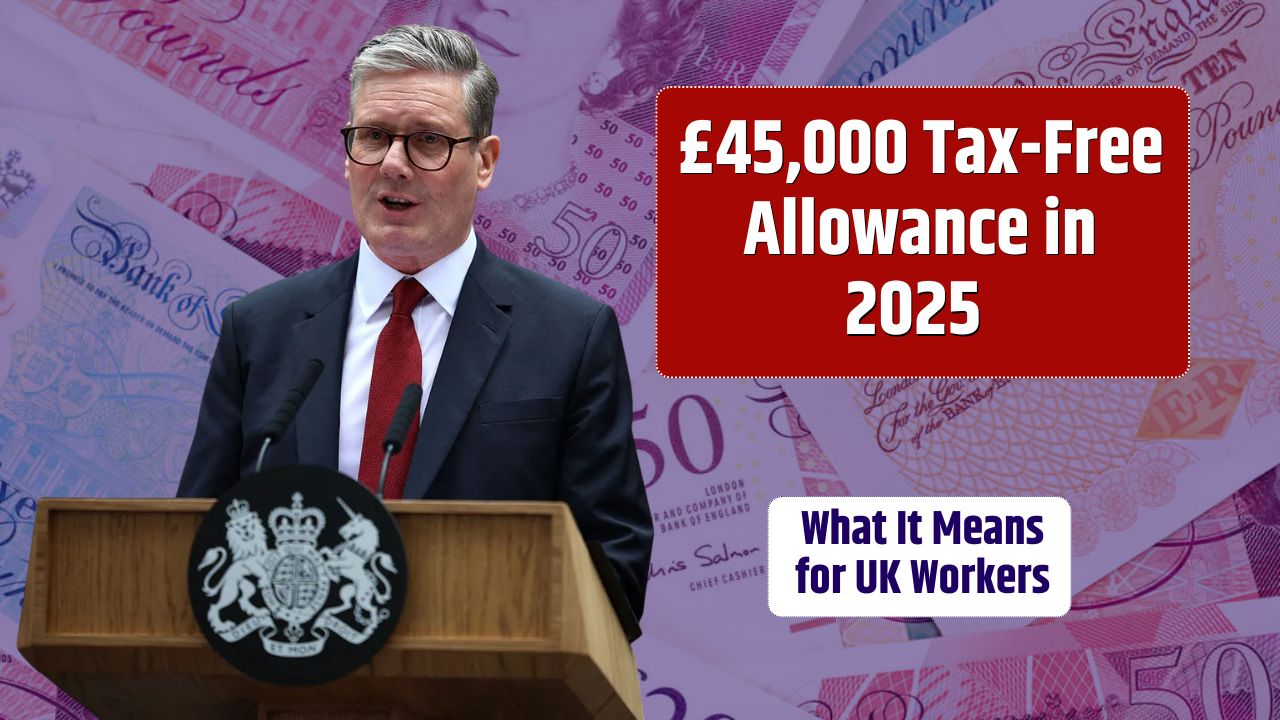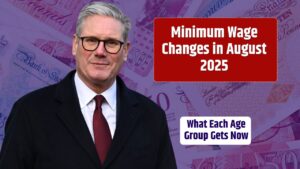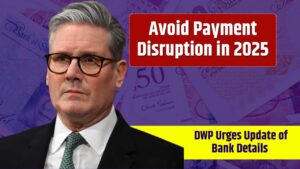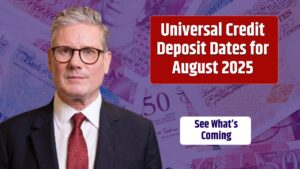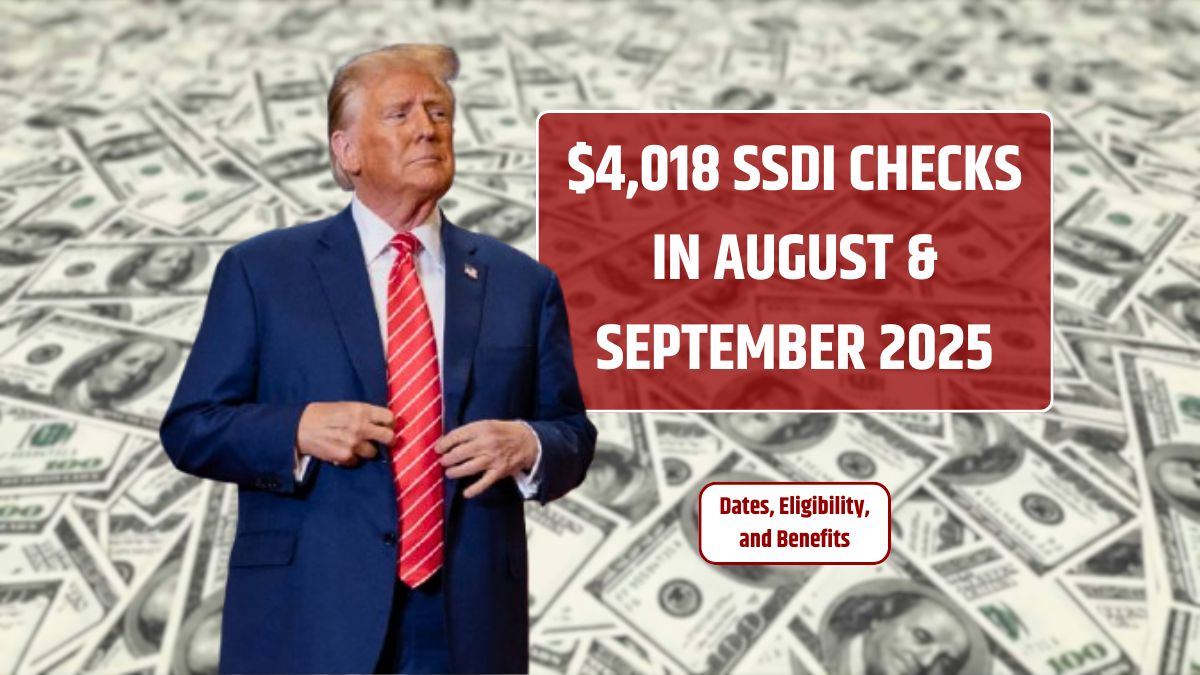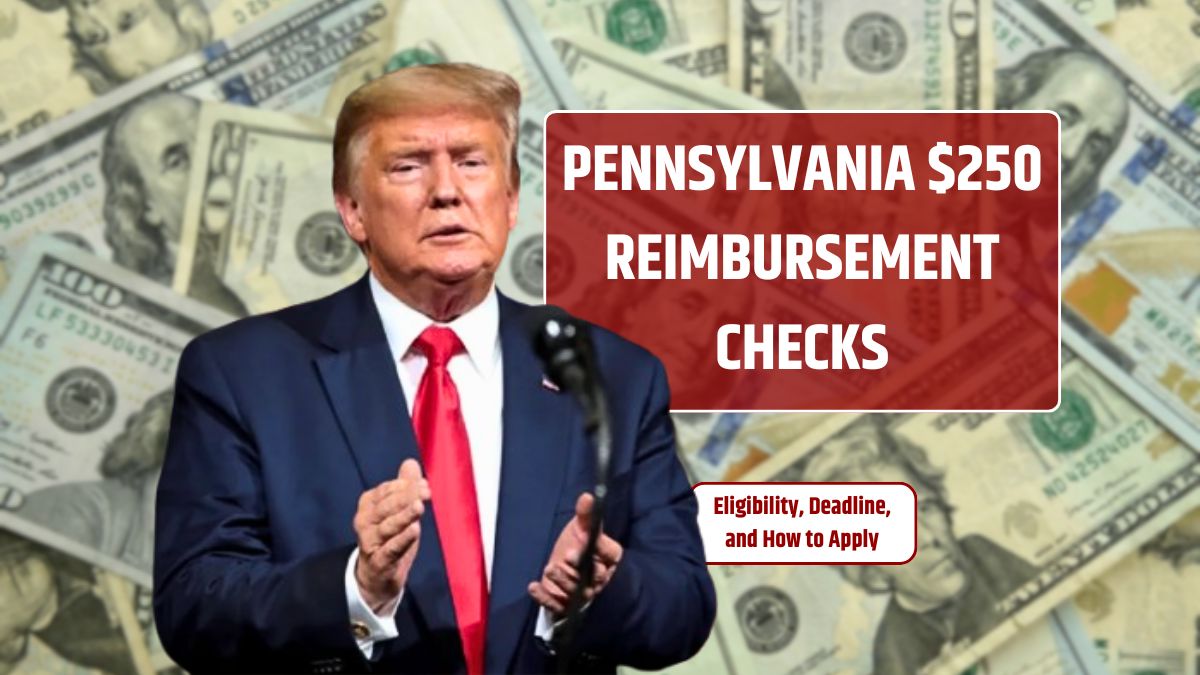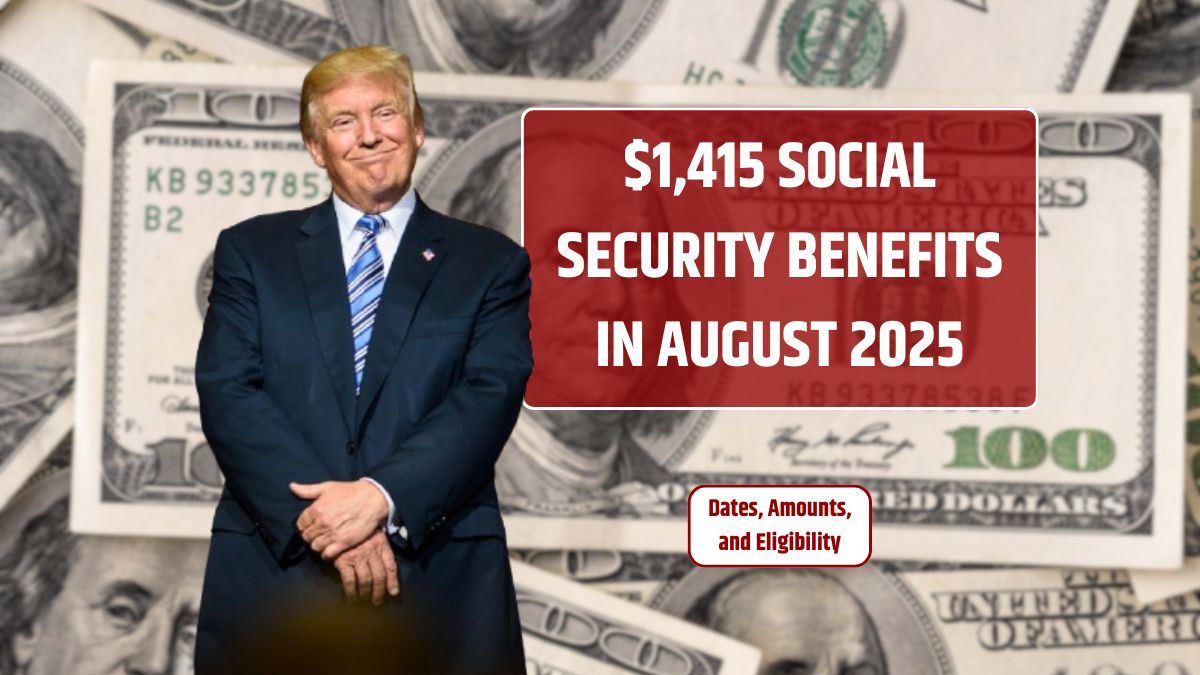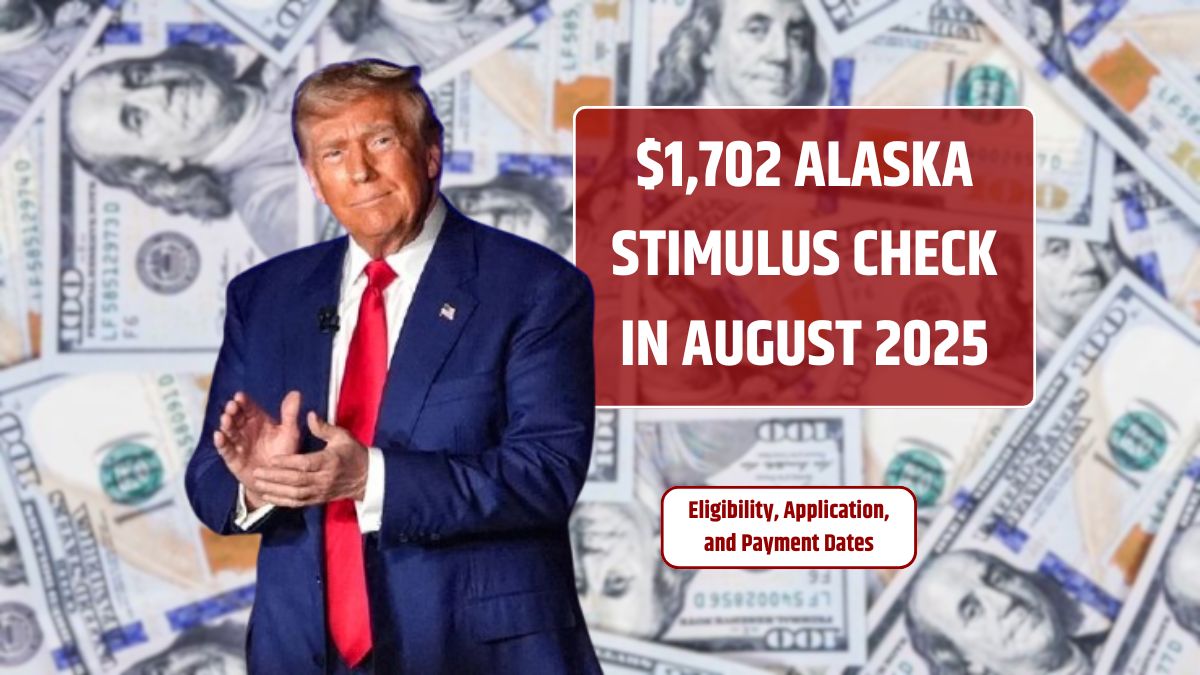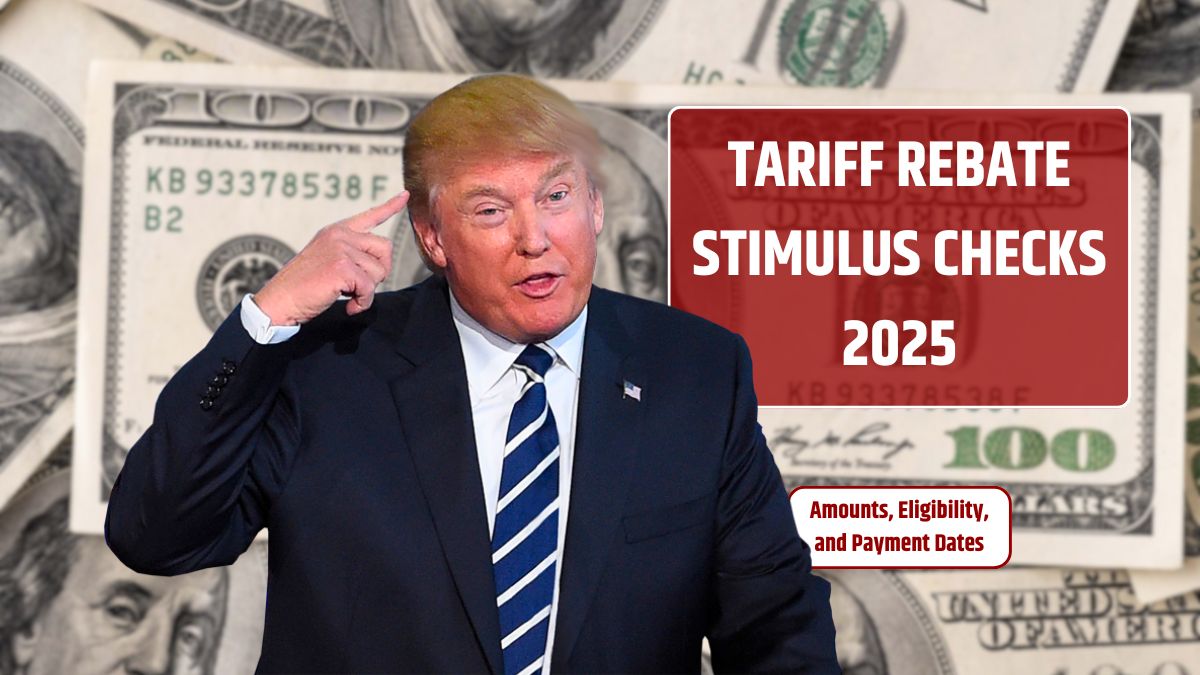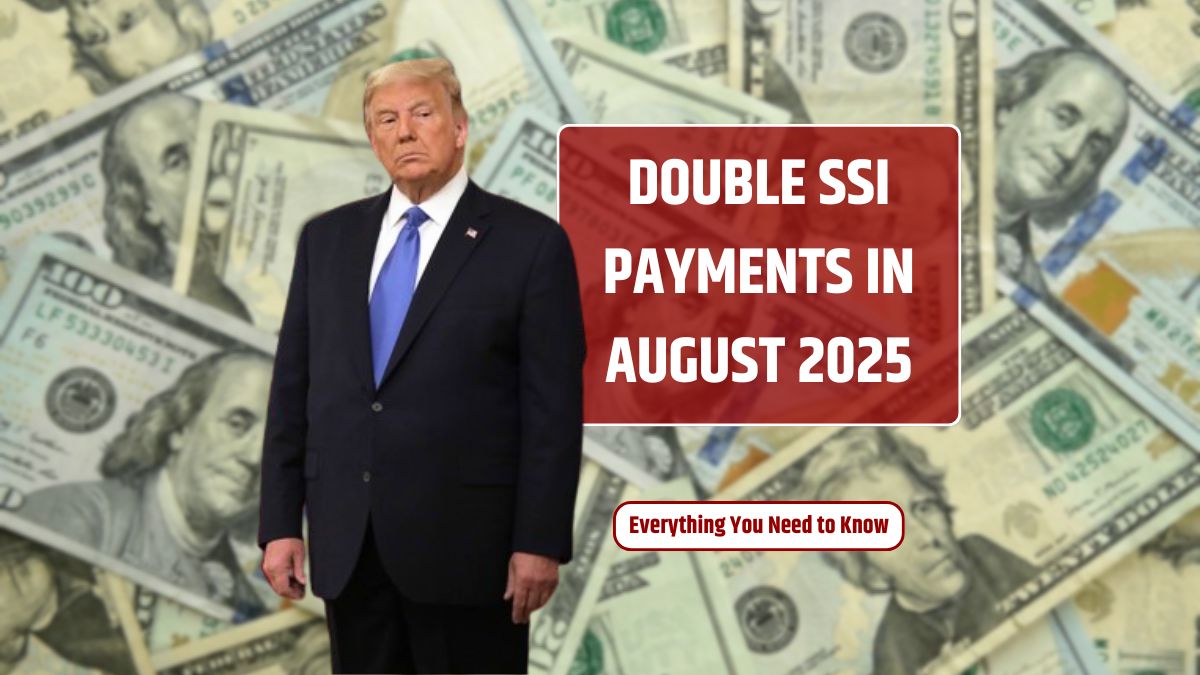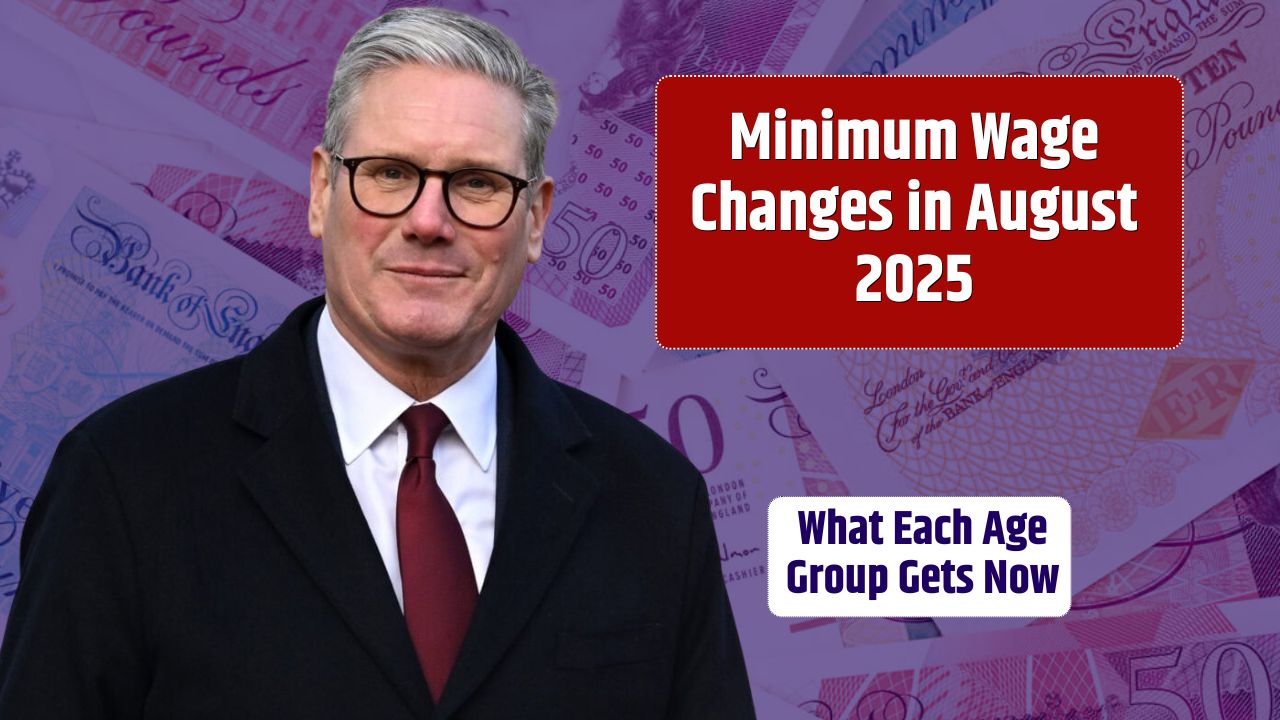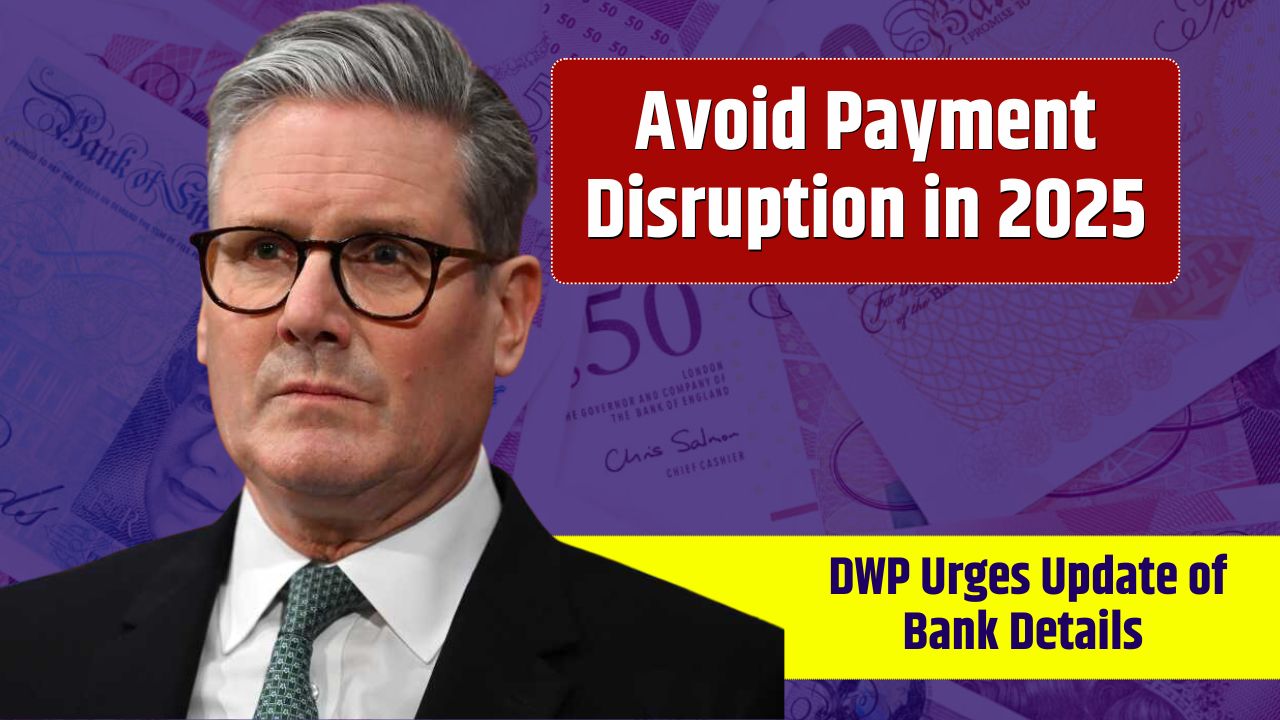Here’s a stat that might surprise you: In the UK, you start paying income tax once you earn just over £12,570 a year. That’s about £1,047/month, or roughly £242/week. Given today’s rent, energy bills, and a weekly shop that feels more like a bank withdrawal than a food run—that number hasn’t aged well.
So now, some economists, MPs, and tax reform advocates are floating a radical idea: raise the Personal Allowance to £45,000.
Yes, triple it.
Sound wild? Maybe. But also, maybe it’s not as far-fetched as it seems.
Let’s break down what this would actually mean for you, your wallet, and the country.
Quick Refresher: What Is the Personal Allowance?
Your Personal Allowance is the slice of your annual income you can earn tax-free. As of 2025, that figure is stuck at:
- £12,570 per year
- Anything above that is taxed at:
- 20% basic rate up to £50,270
- 40% higher rate from £50,271 to £125,140
- 45% on anything over £125,140
| Income | Tax Rate |
|---|---|
| Up to £12,570 | 0% |
| £12,571 – £50,270 | 20% |
| £50,271 – £125,140 | 40% |
| £125,141+ | 45% |
But here’s the issue: that £12,570 threshold hasn’t moved in years, even while inflation, wages, and basic living costs have surged.
The Bold Proposal: A £45,000 Personal Allowance
Supporters of the new £45k threshold want to wipe income tax off the table for anyone earning below that line.
Yes, zero income tax up to £45,000.
Higher earners wouldn’t get off scot-free—they’d still pay 40% or 45% on income above that threshold. But they’d still enjoy a larger tax-free portion, saving thousands in the process.
How That Would Shake Out:
| Annual Salary | Tax Paid Now | Tax Paid Under £45K Allowance | Difference |
|---|---|---|---|
| £20,000 | £1,486 | £0 | –£1,486 |
| £35,000 | £4,486 | £0 | –£4,486 |
| £50,000 | £7,486 | £1,000 | –£6,486 |
| £80,000 | £17,486 | £14,000 | –£3,486 |
These are simplified figures assuming standard personal allowance rules, not including NI or other deductions.
Who Stands to Gain?
Pretty much everyone earning under £100k, with lower and middle earners benefiting most dramatically.
- Working-class families struggling with rent, food, and fuel
- Young professionals stuck in high-tax brackets with little support
- Self-employed individuals juggling irregular incomes
- Even higher earners would get a tax cut—just less proportional
Why the System Feels Broken
Critics of the current system say it’s regressive in practice, even if progressive on paper. Here’s why:
- Inflation has eroded the real value of £12,570
- Frozen thresholds mean wage growth = stealth tax
- Higher earners have tax mitigation options (like pensions, business write-offs, capital gains)
- Low-to-mid earners? Not so much
This is what’s known as “fiscal drag”—more people are getting pulled into higher tax brackets, even though their real income hasn’t increased.
What Could Raising the Threshold Do?
Advocates say it could:
- Put more money directly into pockets of working people
- Stimulate consumer spending—fueling the economy
- Reduce dependency on government support
- Level the playing field between wage earners and those with complex tax shelters
- Offset inflation pressures more effectively than one-off payments
One MP described it as “a pay rise through the back door—but without burdening employers.”
But What About the Cost?
Make no mistake: this would cost billions.
Income tax is one of the Treasury’s biggest earners. Raising the Personal Allowance to £45,000 would mean an immediate loss of tens of billions in tax revenue.
So how do you fill the hole?
Some suggest:
- Wealth taxes or closing high-end tax loopholes
- VAT reform on luxury goods
- A bet that economic stimulation (more spending, more jobs, fewer benefits) will plug part of the shortfall over time
But no one’s pretending it would be easy. It would require trade-offs. Serious ones.
Political Reality Check
The proposal has traction among some cross-party MPs and think tanks. But it’s also risky political territory:
- Critics on the left say it disproportionately helps the rich
- Critics on the right warn of the fiscal hole it could blow
- Treasury officials aren’t sold on the revenue math
The government—Labour or Conservative—would need to balance fairness with fiscal stability.
That said, with the next election looming and cost-of-living concerns topping the agenda, bold ideas like this are getting airtime.
FAQs
What is the UK Personal Allowance in 2025?
It’s £12,570—the amount of income you can earn tax-free.
What would happen if the threshold was raised to £45,000?
Most UK workers would pay no income tax. Higher earners would still save thousands in tax.
Wouldn’t that cost the government a fortune?
Yes. But supporters argue it could be offset by economic growth and reduced benefit spending.

